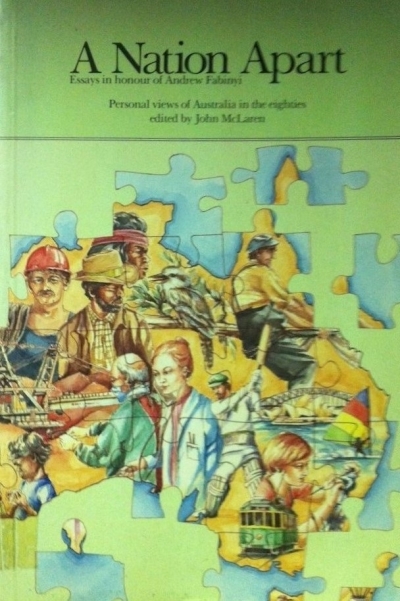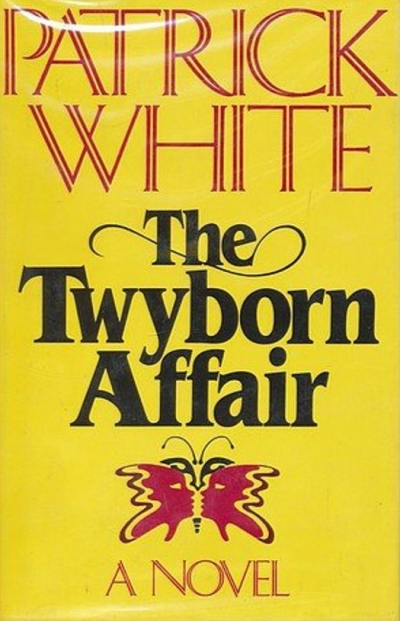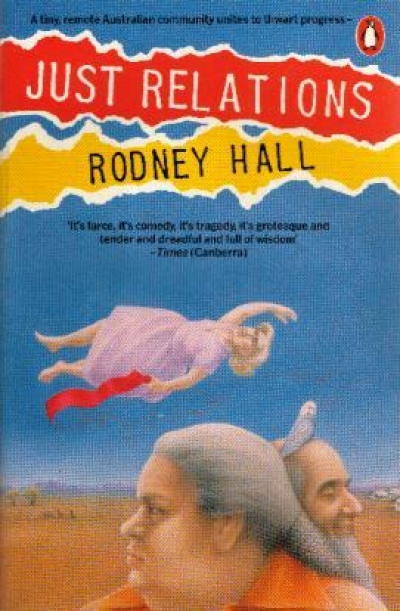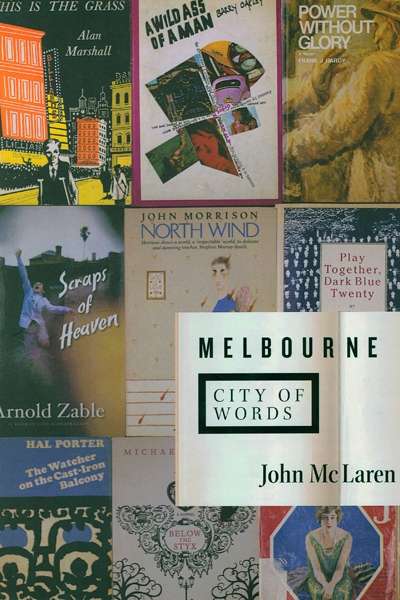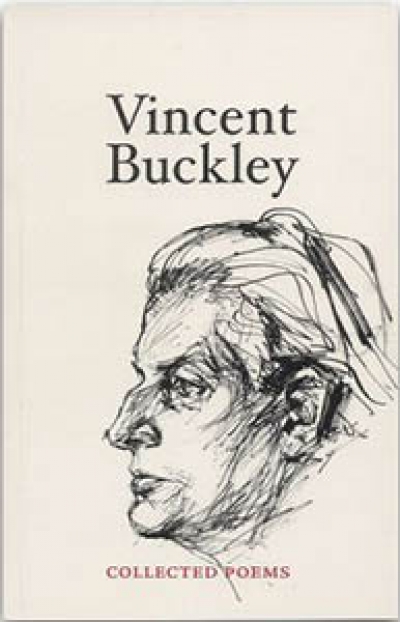John McLaren
During next month – October – we celebrate Australian Book Week, and during this week the winners of the National Book Council 1978 Australian Literature Awards will be announced. As one of the judges, I have been forced by this contest to think not only about the value of competitions in the arts, but also about what we might mean by giving any book an award for ‘best of its kind’. Certainly, the contest, like the book week, helps to bring public attention to Australian books, and brings some sort of monetary reward to the author and publisher of the winning entry.
... (read more)The most imaginative, although in all probability the least politically effective, of the campaign badges produced for the current Australian elections is the ALP Badge, ‘the light on the hill’. The badge, a simple cloisonne in blue and red with gold wire, symbolises the hopes of that great Australian, J.B. Chifley.
... (read more)The federal government’s proposal for a multicultural television network has sparked off once more a row about the nature of the Australian national identity.
The opponents of the network seem to fear that it will cause all kinds of divisions in our community by emphasising the different places and cultures to which we owe our origins. They would like to restore the myth of a single nation, bounded and defended by a single shoreline (plus, of course, Tasmania), giving allegiance to a single flag and monarch and united by a single tongue. The myth is glorious in its simplicity, and marred only by the fact that it corresponds to no historical truth.
... (read more)While the art of the ghost writer has a long and honorable history, the court case concerning the extent of Graham Yallop’s responsibility for the book on the recent test series raises a number of general issues apart from the outcome of this particular dispute. At its best, the practice of ghost writing enables the general public to share the experiences of people who have had interesting lives but do not command the verbal skills necessary to constructing a book. Yet the ghost writer may also be the unacknowledged creator of the characters who figure in his work. Few politicians now will risk either the off-the-cuff remark or even the considered epistle, so that the contest of political leadership can degenerate to a trial of speechwriters’ skills. The most proficient comedians are, of course, creatures of their scriptwriters, but they at least exact nothing from us but our laughs. As our sportsmen and women become media figures there is a danger that the players as well as the game will be taken over by the media barons, with the ghost writer acting as puppet master. Fortunately, cricket, a sport which seems able to elicit passions altogether out of proportions with the leisurely pace of the game, has always had players who are as much at home with words as with bat and ball. One of these, Jack Fingleton, was the subject of a review last month; another, Frank Tyson, is a regular contributor to our pages. Their individuality provides some security that the age of the manufactured human is not yet quite triumphant. It would seem, however, that in a world of instant media heroes, publishers have a responsibility to their readers to tell them whether the words they are reading belong to the ostensible author or to an unseen ghost.
... (read more)John McLaren, who died peacefully in St Vincent's Private Hospital on 4 December 2015, was a man of many fine attributes and talents, not the least of which was his capacity for friendship. John had many close friends towards whom he showed great loyalty, affection, and generosity. They, in their turn, recognised the strength and quality of the quite precious bond h ...

